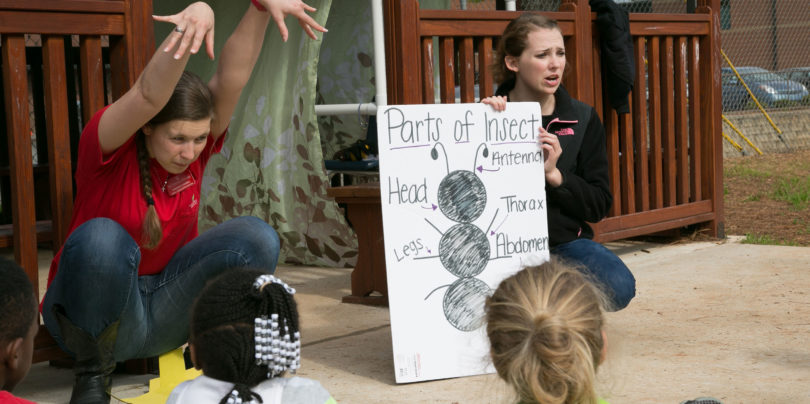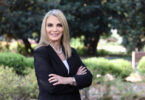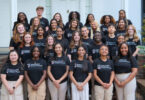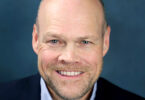Service-learning was happening at the University of Georgia a decade ago.
But the establishment of the Office of Service-Learning brought the pedagogy out of the shadows.
“There was no real support for it,” said OSL Director Shannon Wilder. “There was no way for UGA to know which courses were being taught. It wasn’t being tracked. I think the biggest issue was that faculty were really working in isolation.”
Today, Wilder oversees a department, jointly supported by the Vice Presidents for Instruction and Public Service and Outreach, which works with more than 8,000 students every year in all 17 UGA schools and colleges as well as the medical partnership. An office that began with just Wilder now has five full-time faculty and staff members and has recognized more than 100 Service-Learning Faculty Fellows since its inception.
Jennifer Frum, the vice president for public service and outreach, was at UGA when the office was established in 2005. It’s a true example of how programs should start at a university, she said.
“It was really a grassroots effort by a group of faculty who said we want to find other ways to engage our students outside of the classroom,” Frum said. “It came from students who said we want something more. It came from great community partners.”
There were a number of proposals early in the new century to nurture service-learning at UGA, but it wasn’t until July 2005 that the Task Force on General Education and Student Learning formally established the office. The group, co-chaired by current UGA President Jere W. Morehead, recognized that service-learning was taking place on campus but opportunities needed to be expanded for students to participate.
OSL grew to be a pioneer in experiential learning at UGA, which becomes a requirement for all incoming freshmen next fall. The concept integrates community-based projects into academic courses in order to enhance teaching and learning and provide a benefit to the community.
The university-wide support OSL produced was critical, said David Berle, an associate professor of horticulture who was part of the inaugural class of Service-Learning Fellows.
“They’ve provided a place to get together with other faculty,” Berle said. “In a lot of the projects I’ve done-and still do-there’s some collaboration. Just that facilitating, the meeting and collaboration between faculty is a big role that they play.”
OSL also supports programs that go beyond individual service-learning projects to community partnerships based on important themes such as education and food issues. Both Campus Kitchen and Experience UGA are large-scale community partnerships housed within OSL that serve as hubs for multiple service-learning courses each year and support other experiential learning opportunities such as internships. The office also has hosted a network of AmeriCorps VISTAs that expanded this spring to include a volunteer in every middle school in the Clarke County School District who works to create additional service-learning links back to campus.
Aiden Holley, a junior studying international affairs with an emphasis on international agriculture, said he never would have had the time to get so deeply involved with Campus Kitchen if not for the internship offered through OSL. It’s rewarding work that fit well with his career aspirations.
“You get to form these special bonds with people in the community that you wouldn’t otherwise cross paths with,” Holley said. “(The internship) enables me to get a certain depth of experience with Campus Kitchen.”
Holley will start to apply that experience during an internship with the Center for Agribusiness and Rural Development in Armenia this summer.
Experiences like Holley’s helped create a model for experiential learning at UGA. Wilder said her office’s reach can only expand when more students begin exploring meaningful connections between the community and classroom education.
“We have a created a community and standards for what a quality service-learning course looks like and how we can help faculty achieve that in partnership with the community,” Wilder said. “Our goal every year is to find ways to support more faculty and build stronger partnerships that are making a difference in the community and giving students valuable real world experiences. Fortunately, we’ve had 10 years to focus on building quality learning experiences. It’s such a great foundation for moving forward.”








